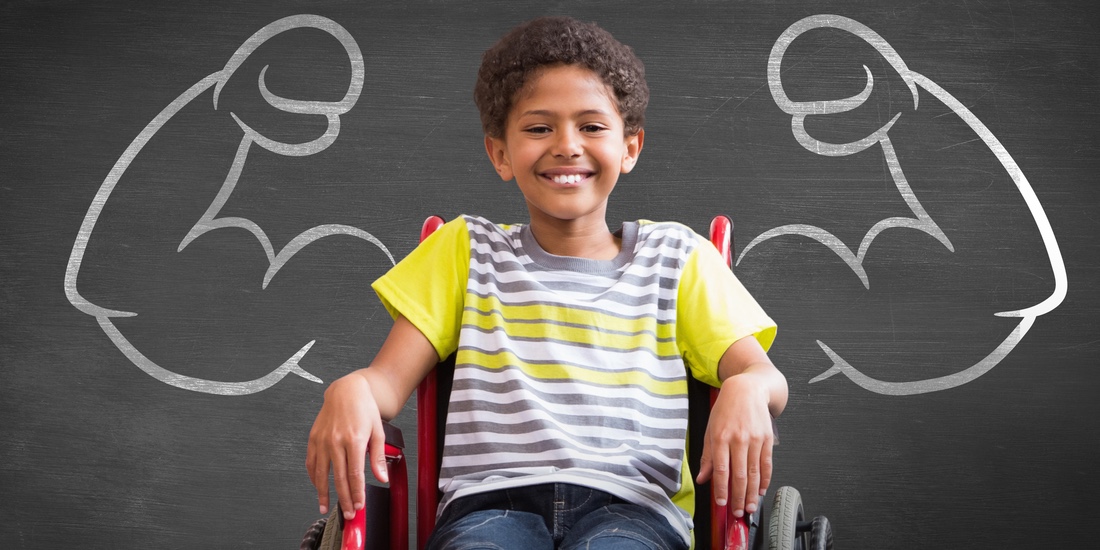Helpful phrases and scripts to respond to your child when they ask about other children’s challenges or about a child who is experiencing social, behavioral, physical or learning differences.
Learn
Questions and comments from children about other children’s challenges or learning differences are normal; they illustrate the broad spectrum of learning, ability and development of young children. How you respond to your child teaches them empathy, kindness, patience, self-advocacy, social justice, self-awareness and community values.
– Stephen Hawking
Basic Concepts
- If your child is asking questions, they are ready for real answers. Not saying anything or pretending you did not hear them leaves your child to draw their own conclusions about another person’s physical being or reactions.
- When your child loses interest or stops engaging you, it is a signal that they have all the information they need at this time. Be prepared for them to return to you with deeper probing questions when they are ready.
- Show other parents that you are not judging their parenting or their child. One day you may be the parent of a child who is experiencing social, behavioral, physical or learning challenges. Reach out, ask for playdates, have coffee, create a warm, welcoming community for all families.
Do
Have you experienced any of these scenarios?
- You’re in the grocery store with your child. The family in front of you has a child in a wheelchair. Your child is staring and then asks loudly, “What is wrong with her, why can’t she walk?”
- Your child comes home from school and says “Peter is a bad boy, he is always crying and yelling. The teachers have different rules for him.”
- Your child says to you, “William is stupid; he doesn’t talk like the other children.”
These are all scenarios we have heard from families struggling to find ways to talk to their child about other children’s challenges, whether they be a physical disability or developmental speed bump.
5 Things to Remember About Your Response
- Be honest and age appropriate. Model kindness.
- Use vocabulary that helps name what your child is seeing and feeling.
- Model understanding and empathy for your child and the other child.
- Give your child concrete strategies for communicating with the other child.
- Reach out to your teachers and/or to the other child’s parent. Ask them for advice about how they explain their child’s challenges to others and to their child.
“I Can Play and Participate”
Watch this award-winning video with your child for concrete tools on developing empathy and perspective.
Great Examples for Practice
| What Could Happen | What You Could Say |
|
|
|
|
|
|
|
|
|
|
|
|
|
|
